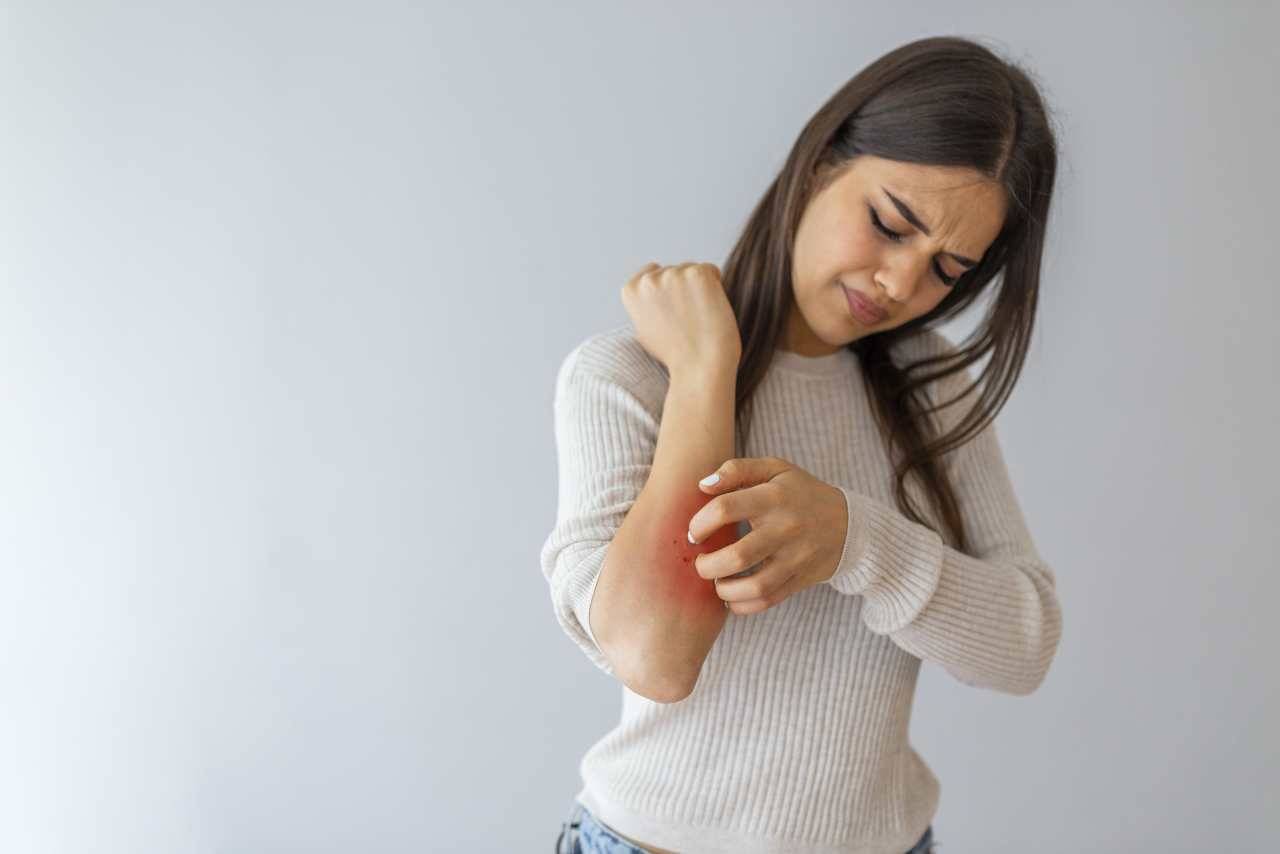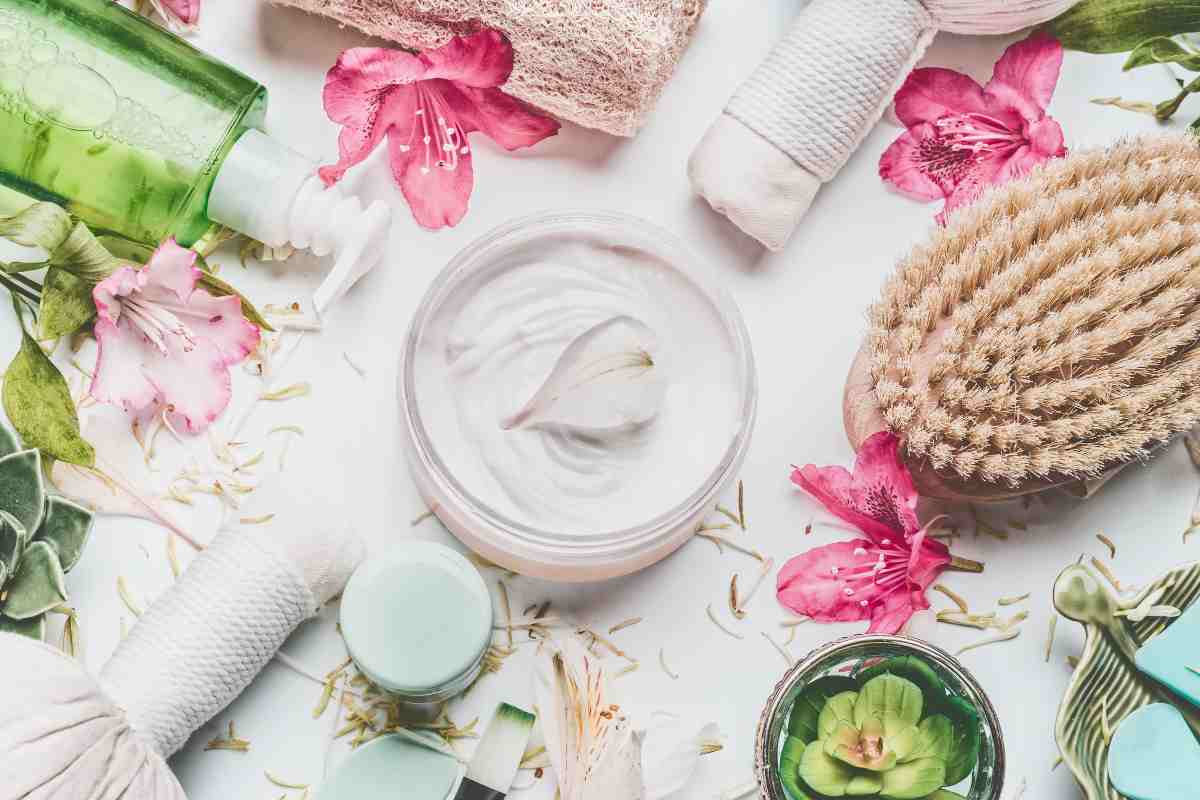Atopic dermatitis can create a lot of discomfort for the patient: here are the tricks to relieve symptoms and keep it at bay.
The dermatitis also known as eczema it is a non-contagious and very common skin disease. It affects about 20% of children and adolescents and 1 to 3% of adults in developed countries.
It generally manifests itself with erythematous-itchy rashes causing scales and peeling blisters that create itchiness and redness. The skin It shows up dry, thickened and red. It is a chronic relapsing disease which means that it alternates between periods in which the inflammation is more acute and others in which it is milder.
Usually in spring the ailments tend to relieve themselves also because we discover the skin from all those fabrics that we wear in winter to protect ourselves from the cold and that do not allow the skin to breathe as it should. So let’s see what the tricks to relieve the symptoms of atopic dermatitis and how to keep it at bay.
Here are the tricks to relieve the symptoms of atopic dermatitis and keep it at bay

Atopic dermatitis is a chronic inflammation that causes itching and can become very annoying. Let’s discover some little tricks to relieve it and keep its symptoms at bay.
1) Proper nutrition. Starting from a correct diet is undoubtedly one of the first steps to take if you want to relieve dermatitis. Atopic dermatitis does not always depend on an allergy. If the doctor has not diagnosed us with a food allergy, we avoid eliminating some foods that could lead us to have deficiencies in some substance. We give priority to fruits and vegetables which by their nature tend to hydrate the body, including the skin. We also give space to extra virgin olive oil, it too is a food that helps us to deeply hydrate the skin. Furthermore, we consume white meats, eggs and fish but also foods rich in vitamin A such as apricots, carrots, melon and so on. Discover also the right nutrition for atopic skin.
2) Get enough sleep. The right hours of rest help avoid stress, one of the causes that contribute to inflammation in the body. In fact, in difficult periods, dermatitis usually worsens. This is why it is good to help us sleep by drinking a calming and relaxing herbal tea before bedtime such as chamomile, valerian or mallow. Also, it is good to wear natural sleeping fabrics like cotton and never be too tight. Eventually the doctor can prescribe an antihistamine if we really cannot relieve the itching and discomfort.
3) Regular but fast showers. If we suffer from dermatitis it is wrong not to wash because the stagnation of dust, dirt and sweat worsen the situation. On the other hand, the shower must be quick and fast. Better not to take a bath as limescale tends to dehydrate the skin. For soaps it is better to choose those specific for skin with atopic dermatitis and without surfactants. Indicates foams, gels or oily emulsions.
4) Smooth and light fabrics. Fabrics that create friction and cause itchiness on the skin should not be chosen. The natural and smooth fibers that come into contact with the skin are best suited to avoid discomfort and irritation. Organic cotton, linen and silk are the best from this point of view. Light colors are preferred because dark shades usually cause skin irritation.
5) Sun on intact skin. During the acute phase of dermatitis, exposure to the sun could make things worse. The sun can instead be a cure-all in moments of remission of the disease. In fact, UV rays have an anti-inflammatory action and can be useful in case of itching and redness. However, you must always protect the skin with sunscreen with sunscreen.
6) Dry the skin well. After a shower and in general when washing, make sure to dry the skin well because humidity tends to worsen the situation.
7) Use moisturizers and emollients. Using ad hoc creams on a daily basis to moisturize and soften the skin will certainly benefit. Also discover natural remedies to relieve itching.

8) Maintain the right degree of humidity in the rooms. Finally, keeping the rooms with the right degree of humidity can also help the skin affected by atopic dermatitis and not dry it further.
–


